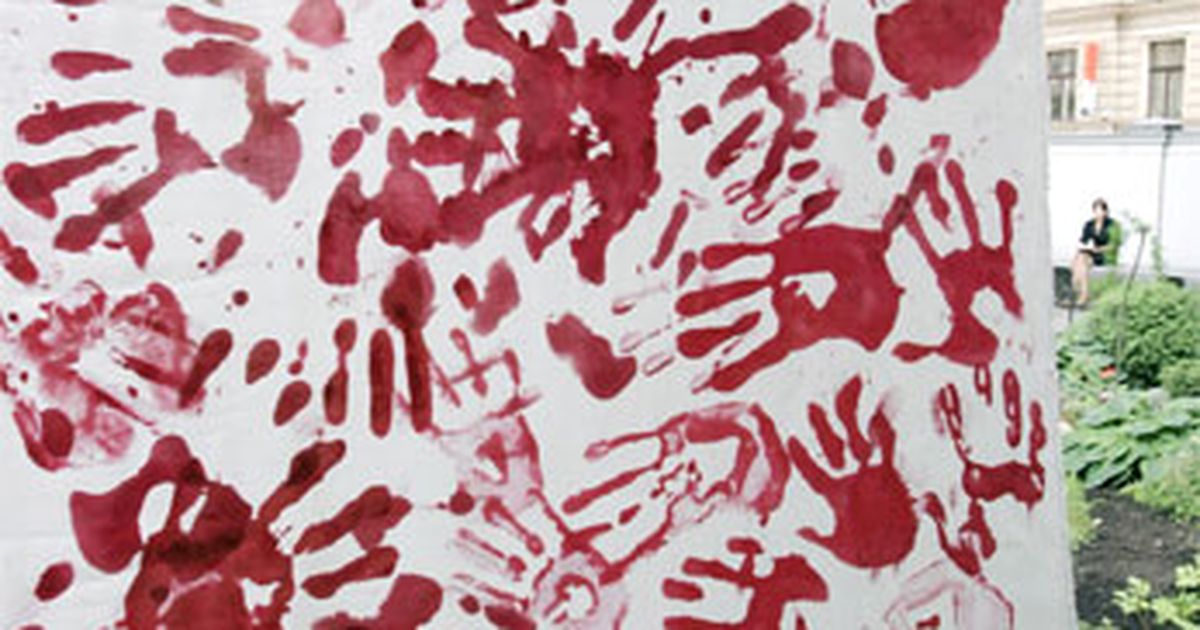Hanover (dpa / lni) – The second corona wave is becoming increasingly clear: In Lower Saxony, six regions are still considered hotspots with a particularly high number of infections, at the same time the state is significantly expanding its ban on accommodation for tourists from German risk areas. But the vacation industry doubts whether the ban will actually contain the spread of the virus. A hotelier from the Harz wants to take legal action against it.
The guideline value of 50 new corona infections per 100,000 inhabitants within one week was set on Monday by the districts of Cloppenburg (107.8), Emsland (55.1), Grafschaft Bentheim (66.3), Vechta (53.2) and Wesermarsch (50.8) and the city of Delmenhorst (100.6) exceeded. The city of Bremen was also above the benchmark.
The city of Delmenhorst is therefore now examining further restrictions to get the virus under control. “Care is taken to ensure that precise measures are taken and fewer all-round attacks are distributed,” said the city’s Corona crisis team leader, Rudolf Mattern, on Monday.
However, the Hotel and Restaurant Association (Dehoga) Lower Saxony sees the nationwide ban on accommodation for travelers from German corona hotspots as an unjustified all-round attack. This hits the core business of the tourism industry, although there have been no major corona outbreaks in the industry so far, said Dehoga Managing Director Rainer Balke. In the course of the week, a hotelier will therefore file a legal action against the Higher Administrative Court in Lüneburg. “We hope that they will act as soon as possible.”
Already on the first weekend of the new ban on accommodation, the hoteliers’ phones no longer stood still because travelers were unsettled, explained Balke. “As expected, the whole thing ended in chaos.” Many vacationers wanted to cancel their trips and have the money back, even though their place of origin was not affected by the ban. That leads to conflicts.
Lower Saxony’s tourism association, on the other hand, showed understanding for the ban. The rules are annoying for the companies and travelers, said the chairman of the association, Sven Ambrosy. But the fear of even more far-reaching restrictions on public life is even greater in the industry. “Then it’s over. Our companies can no longer stand that,” said Ambrosy, who is also the district administrator for the district of Friesland.
The SPD politician, however, also campaigned for the regulations to be better coordinated nationwide and to keep them as unbureaucratic as possible. He also suggested that a scientific study be carried out to determine how much intra-German travel contributes to the infections, in order to assess what a ban on accommodation would bring. In any case, there were no tourist corona hotspots in the summer, the infections were more likely to be traced back to those returning from abroad.
The residents of 28 German regions have been affected by Lower Saxony’s overnight stay ban since Monday, unless they have a negative corona test. These include the major cities of Bremen, Berlin, Cologne, Frankfurt, Stuttgart and Munich. At the weekend, the country had only designated twelve risk areas. The federal and state governments want to re-discuss the regulation on Wednesday.
– .


